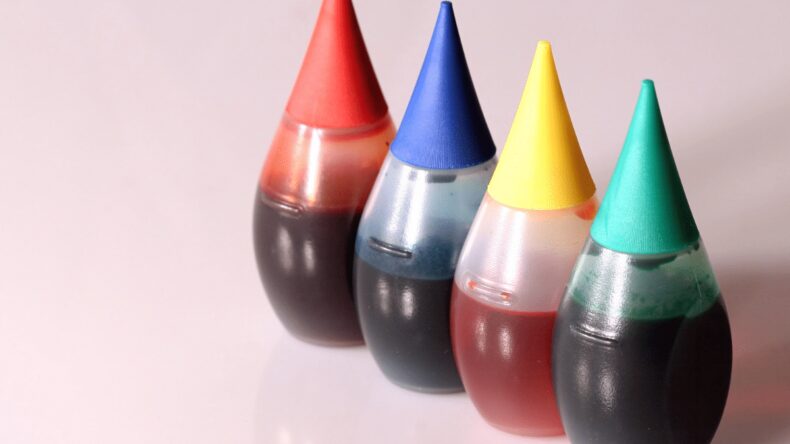Prolonged use of the food dye Allura Red may increase the chance of developing IBDs, Crohn’s disease, and ulcerative colitis.
Researcher Waliul Khan of McMaster University observed that prolonged exposure to Allura Red AC damages gut health and causes inflammation in experimental animals with IBD. Small molecules included in synthetic dyes have the ability to bind to proteins in our bodies. Since the immune system struggles to defend the body against them, this might create immune system disturbances. Allura Red is also tainted with recognized cancer-causing agents, including benzidine, 4-aminobiphenyl, and 4-aminoazobenzene.
Food dye and Gut Health
The intestinal hormone and neurotransmitter serotonin, which is increased by Allura Red and directly affects gut barrier function, alters the composition of the gut microbiota and increases the susceptibility to colitis. The study reveals a connection between a widely used food dye and IBDs and calls for more investigation of this relationship at the experimental, epidemiological, and clinical levels.

Candy, soda, dairy products, and some cereals frequently include food dyes like Allura Red, commonly known as FD&C Red 40 and Food Red 17. Foods are regularly dyed and given texture to appeal to children. Artificial food colours like Allura Red have been increasingly popular over the past few decades, but there hasn’t been much study on how these colours influence gut health.
Latest Research Findings
In Nature Communications, Khan and his team published their findings.“This study shows that Allura Red has considerable negative impacts on gut health and pinpoints gut serotonin as a key mediator of these effects. These results have significant implications for the management and prevention of gut inflammation” said Khan, the senior author of the study and a professor in the Department of Pathology and Molecular Medicine as well as the principal investigator of the Farncombe Family Digestive Health Research Institute.
He further added,” What we have discovered is startling and alarming since this popular synthetic food colour may be a dietary trigger for inflammatory bowel diseases. This study is a huge step forward in educating the public about the possible dangers of the food dyes that we ingest every day.”

Allergies, immunological illnesses, and behavioral issues in kids including attention deficit hyperactivity disorder(ADHD) are also impacted by the ingestion of Allura Red. Khan said that the usual Western diet, which contains processed fats, red and processed meats, sweets, and a lack of fiber, is one environmental factor that causes Inflammatory bowel disease. Large quantities of different additives and colours are also included in the Western diet and processed foods.
The study suggests a link between a commonly used food dye Allura Red and IBDs and warrants further exploration between food dyes and IBDs at experimental, epidemiological, and clinical levels.
How to Improve Gut Health

According to researchers, fiber is a nutrient from plants that lowers the risk of metabolic disorders by promoting the diversity and proliferation of healthy bacteria in the gut. The fiber in sweet potatoes, spinach, beets, carrots, and fennel is naturally gut-beneficial. Whole grains are another excellent source of fiber in addition to fruits and vegetables.
Probiotic supplements are becoming more and more well-liked as awareness of the significance of gut health grows. Due to the presence of probiotics, fermented foods including yogurt, kimchi, sauerkraut, and kombucha are praised for their capacity to strengthen the gut.
Movement is therapeutic for a wide range of physiological systems, including the microbiota. Researchers have discovered that physical activity encourages the variety of good bacteria in the stomach to expand.
According to research, anxiety and depression influence the gut and vice versa; they can raise the risk of IBS.













